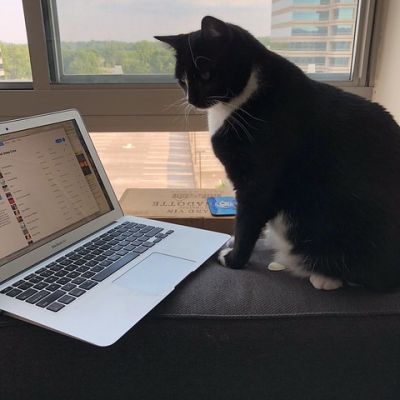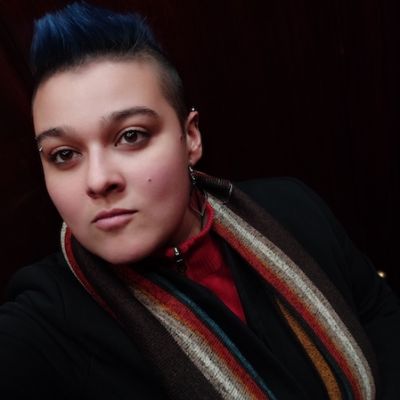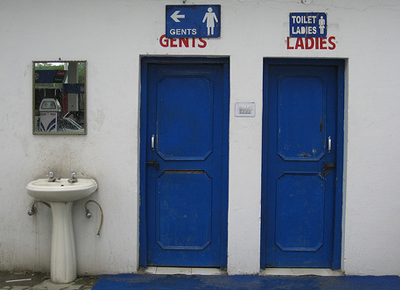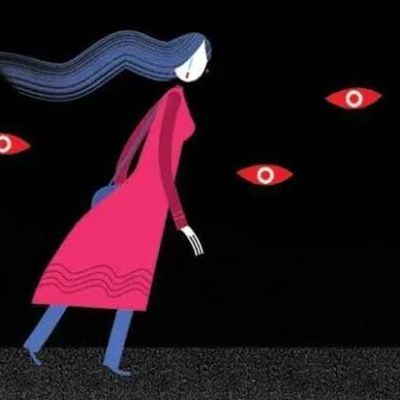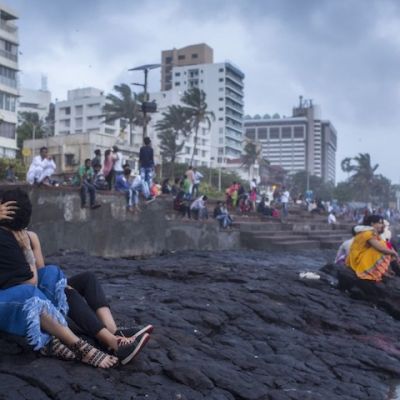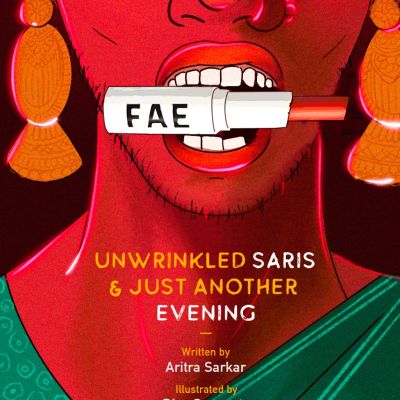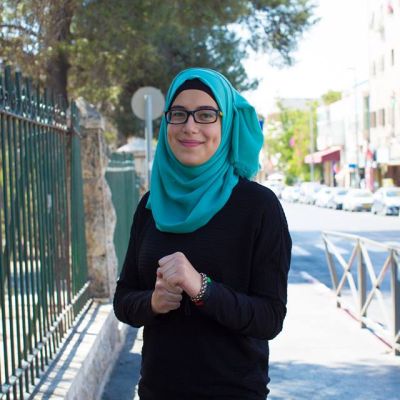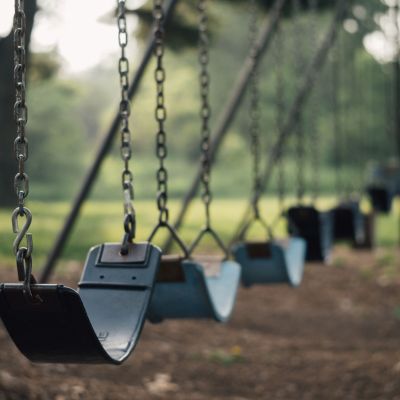Public Spaces
To claim the public then in arbitrary, messy and oppositional ways, whether on the streets or online is to challenge the neoliberal impulse which is located in the creation of order. To create place, to stake claim, thwarts the desires for the sanitised neoliberal city and is a politics.
Therefore, the question of safe spaces and alternative families is pertinent to queer identities, that are so much more than imagined by a single dominant narrative.
There may already be another organisation in the community to share resources with but for community-led initiatives, a shared perspective on Safe, Inclusive, Sexuality-Affirming (SISA) spaces is also important. Sometimes when the shared perspective is not there, that becomes a challenge.
Shilpa believes loitering, just being, just hanging out in public places, is about ‘claiming the city with your body’. One of the co-authors of the book, ‘Why Loiter: Women and Risk on Mumbai’s Streets’ published in 2011, Shilpa has authored several essays and journals on issues of feminist parenting, gender and the politics of space, the right to take risks and related thoughts and concepts.
As a queer person, it’s hard not to think right away of chosen family. A term that has become relatively well-known by now, but not always understood I find. One of the primary support systems I personally, like many queer folx, depend on, are ones that we develop and nurture over time.
Remember Simone de Beauvoir said, one is not born a woman but rather becomes one? A trip to the ladies’…
The only thing this language achieves (and maybe it is also the goal), is to create enough panic so that women themselves police and restrict their own mobility and whereabouts, and keep themselves away from public spaces whenever possible.
In our mid-month issue, we add context to our perceptions of and dealings with risk in our day-to-day lives. Collating and interpreting responses we received on a survey taken by small group of random individuals, Shikha Aleya looks at the transactions around risk foregrounded on the interplay of our location on the axes of gender and sexual identity, disability status, belief systems, and availability of support, amongst others.
Freedom and sexuality – it sounds so liberating to some. But to some others, freedom is the spark that can…
This article/photo essay was originally published in Gaysi Family. In a society that heavily restricts expressions of sexuality, openly asserting…
A smile could just be an innocuous communication, expressing politeness or warmth. But for a woman out in public, her smile is often misconstrued
In a society ruled by heteronormative patriarchal structures, expressing one’s gender or sexuality outside the trimmings of what is socially acceptable is an act of resistance.
[slideshow_deploy id=’4422′] These are photographs from the now famous collection Humans of New York. Photographer Brandon Staunton has been navigating…
Essentially, the ‘reclaim the night’ or ‘take back the night’ movement fights for a woman’s right to be out and about post sunset.
Such open spaces to play sports are mainly occupied by men, while women are mostly excluded on account of various gender norms. This also applies to many underprivileged girls coming from the margins of caste and class who lack access to safe and inclusive open public spaces to play, such as public parks or maidans.

